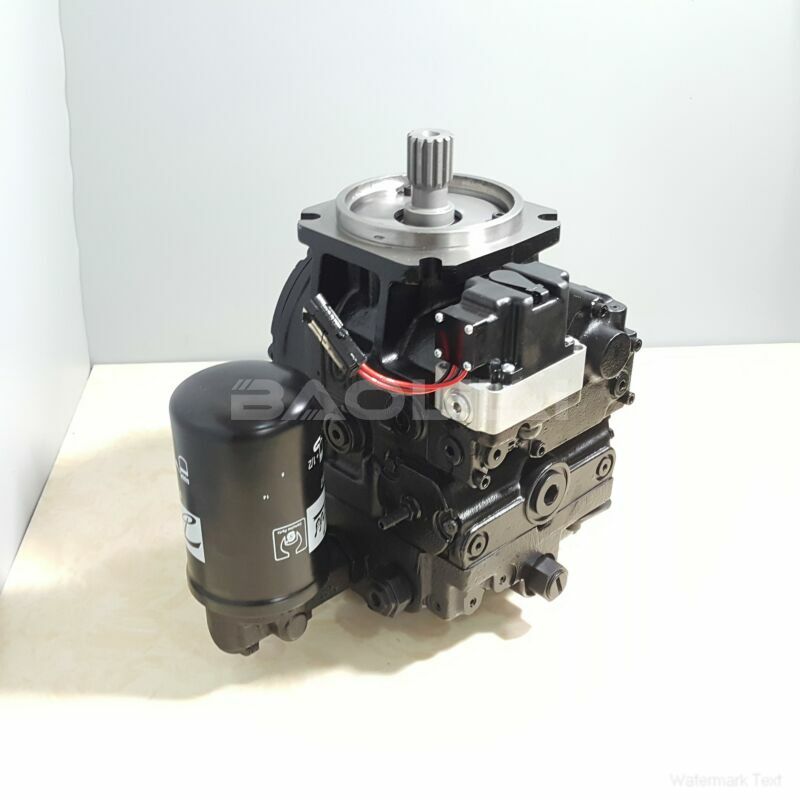90R075DD5BC60S4S1DGBGBA404024 sauer danfoss pump
90R075DD5BC60S4S1DGBGBA404024 sauer danfoss pump

- Product Details
- Applicable Scene
In the ever-evolving world of food processing, the quest for speed and efficiency has become paramount. As technology progresses, manufacturers are continually seeking ways to streamline their operations, reduce waste, and maintain the highest quality standards. One key component that has emerged as a vital player in enhancing speed and efficiency in food processing is the hydraulic pump.
90-R-075-DD-5-BC-60-S-4-S1-D-GB-GBA-40-40-24
90R075DD5BC60S4S1DGBGBA404024
Hydraulic pumps are essential for moving liquids and slurries, making them particularly valuable in various food processing applications such as bottling, canning, and blending. The unique capabilities of hydraulic pumps allow them to deliver precise control over fluid dynamics, which is crucial when handling sensitive food products. By providing a reliable and robust method of transferring fluids, hydraulic pumps help maintain the integrity of food items while optimizing production processes.

702350
One of the primary advantages of hydraulic pumps in food processing is their ability to operate under high pressure. This capability is especially beneficial for applications that require rapid movement and high efficiency. Hydraulic pumps can achieve higher flow rates than traditional mechanical pumps, allowing for faster filling and transferring of products. Consequently, this leads to shorter processing times and an increase in overall productivity.
Moreover, hydraulic systems offer exceptional energy efficiency. They require less energy to operate compared to pneumatic or mechanical systems, which translates into lower operational costs. With rising energy prices and environmental concerns, the adoption of energy-efficient hydraulic pumps can significantly reduce a company’s carbon footprint while enhancing profitability.
Another noteworthy aspect of hydraulic pumps is their adaptability to various food processing environments. They can effectively handle a diverse range of materials, including viscous liquids, slurries, and even solid particles. This versatility means that food processors can utilize hydraulic pumps across multiple stages of production, further integrating their process and eliminating the need for multiple types of machinery.





